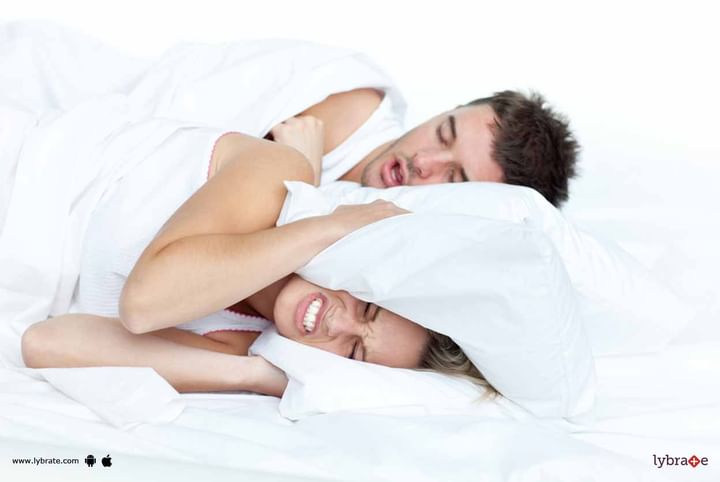Get the App
For Doctors
Login/Sign-up
Last Updated: Oct 23, 2019
BookMark
Report
Sleep Apnea - How To Treat It?
Sleep apnea is a potentially dangerous sleep disorder in which you stop and start breathing frequently while you are sleeping. Symptoms of sleep apnea often include loud snoring and fatigue even if you sleep uninterrupted through the night. Obesity and age are the common risk factors of sleep apnea.
The most common type of sleep apnea is obstructive sleep apnea, in which the throat muscles contract and relax while you are asleep. The other type of sleep apnea, called central sleep apnea, usually occurs in people who have been diagnosed with brain tumors, infections or heart failure, or have had a stroke.
Treatment of sleep apnea includes:
- CPAP: The Continuous Positive Airway Pressure (CPAP) device is generally recommended in the treatment of sleep apnea. CPAP is a breathing machine that stops your airways from getting blocked when you are sleeping. The CPAP device is normally the size of a tissue box. It comes with a mask that you put over your mouth and nose. The machine attached to the mask pumps a continuous flow of air that keeps your airways clear as you sleep.
- BPAP: The Bilevel Positive Airway Pressure (BPAP) device is used as an alternative to the CPAP device, if you find it hard to adjust to the CPAP. If you have a weak pattern of breathing, the BPAP can be helpful.
- ASV: The Adaptive Servo-ventilation (ASV) device is used to treat both central and obstructive sleep apnea.
- Treatment for other medical conditions: Sometimes sleep apnea can be caused by underlying health conditions. Problems such as rhinitis (nasal passage inflammation) and hypothyroidism (underactive thyroid gland) can cause sleep apnea. In such cases, your doctor needs to diagnose these conditions first before treating your sleep apnea.
- Lifestyle changes: Excessive weight sometimes can cause sleep apnea; so losing excessive weight should be a priority. Also, alcohol and tobacco can contribute to your symptoms, so try avoiding those.
- Medication: Usually, doctors do not prescribe any medicine, since sedatives and sleeping pills actually worsen sleep apnea. But, in case of sleep apnea in children, doctors typically suggest intra nasal corticosteroid medicine to treat the symptoms.
- Surgery: Surgeries to increase the size of your airway or to remove your adenoids, tonsils or extra tissues in the rear of your throat or your nose can prove helpful.
In case you have a concern or query you can always consult a specialist & get answers to your questions!



+1.svg)
